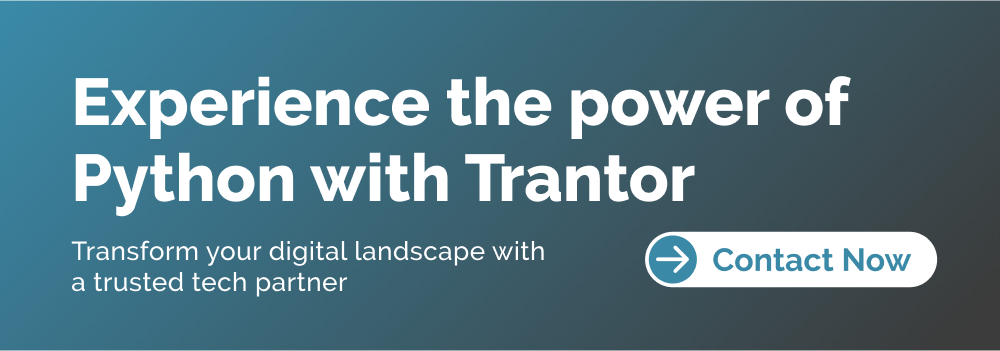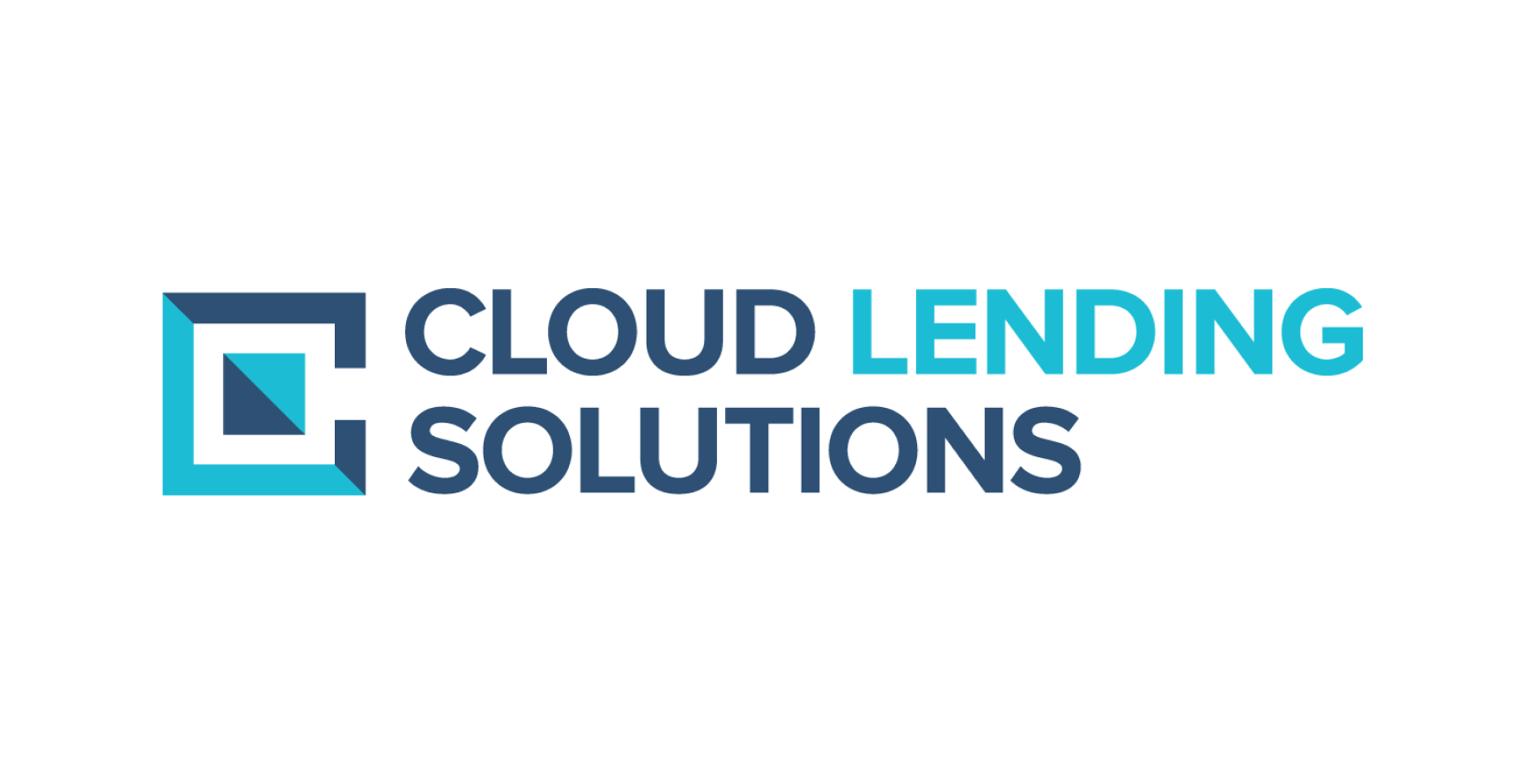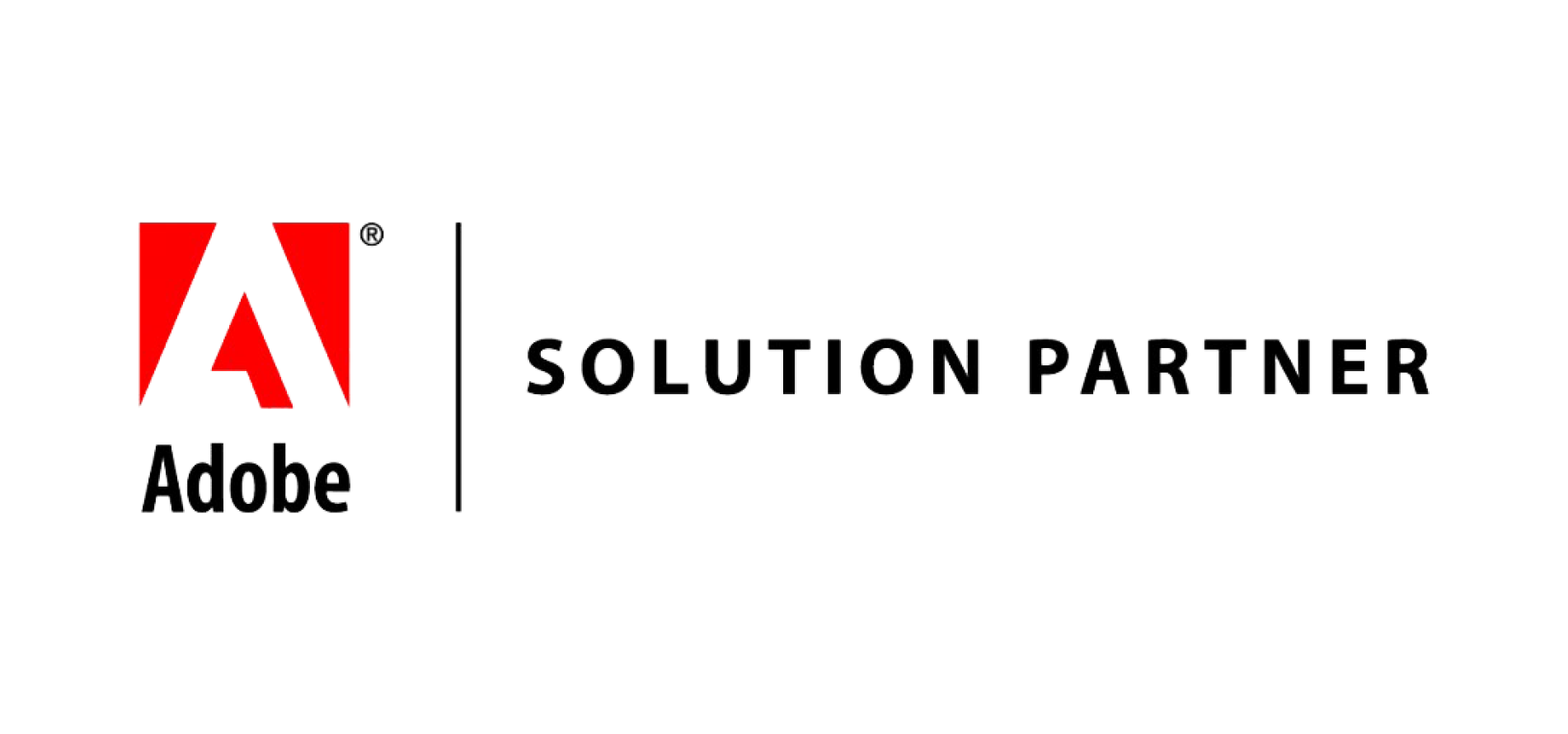Software Product Development, zBlog
Top Python Frameworks for Web Development in 2023
atif | Updated: September 11, 2023
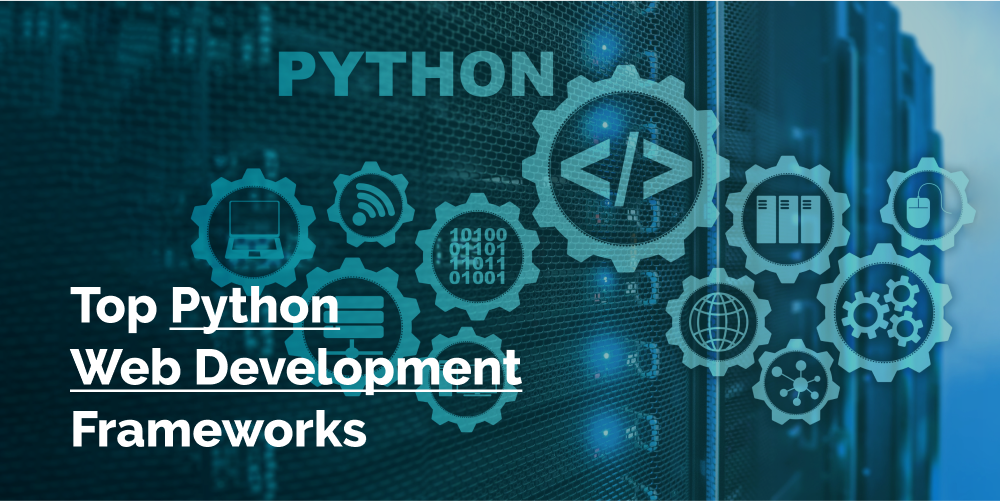
In the ever-evolving web development landscape, Python has maintained its position as a top choice for developers worldwide. Known for its simplicity, readability, and vast community support, Python frameworks for web development are favored more against other options.
According to the TIOBE Index, Python consistently ranks among the top programming languages, making it a popular choice for web development. Its simplicity and readability contribute to its widespread adoption.
One of the key factors contributing to Python’s popularity in web development is the availability of a wide range of web development frameworks. These frameworks provide developers with the tools and libraries to streamline the development process, enhance efficiency, and create robust web applications. As we step into 2023, staying updated with the latest trends and tools in the Python web development landscape is crucial.
A Stack Overflow Developer Survey revealed that Python is one of the most loved and wanted programming languages among developers, indicating a solid community and demand for Python-based web development.
In this comprehensive guide, we will explore the top Python frameworks for web development poised to impact 2023 significantly. Whether you’re a seasoned developer or just starting with Python, this guide will help you understand each framework’s strengths and use cases, enabling you to make an informed decision when choosing the right tool for your web development projects.
The Importance of Python Frameworks for Web Development
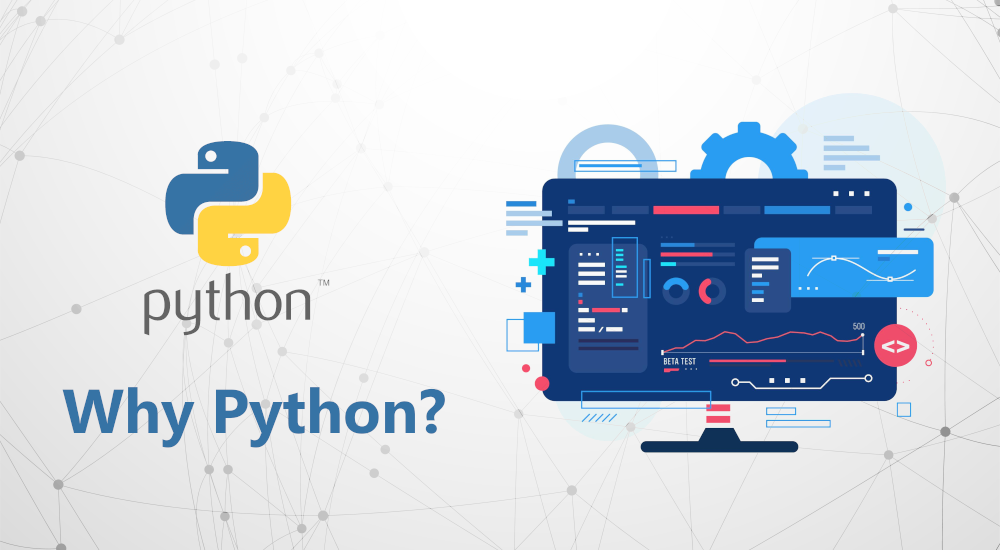
Before delving into the specifics of individual Python frameworks for web development, let’s first understand why these frameworks are crucial in the development process.
- Streamlined Development
Python frameworks for web development provide developers with a structured and organized way to build web applications. They offer pre-built components, libraries, and design patterns, significantly reducing the amount of code that needs to be written from scratch. This streamlines the development process and allows developers to focus on building the unique features of their applications. - Increased Productivity
By leveraging Python frameworks for web development, developers can save time and effort on repetitive tasks such as handling HTTP requests, managing databases, and implementing user authentication. This increased productivity speeds up the development cycle and results in more reliable and maintainable code. - Community and Documentation
Python boasts a vibrant and supportive community of developers. Most Python frameworks have extensive documentation and active community forums where developers can seek help, share knowledge, and collaborate on projects. This support network is invaluable, especially for newcomers to web development. - Flexibility and Choice
Python frameworks for web development come in various flavors, each catering to different project requirements. Whether you’re building a small, lightweight web application or a complex, enterprise-level system, there’s likely a Python framework that suits your needs. This flexibility empowers developers to choose the right tool for the job.
Top Python Frameworks for Web Development in 2023
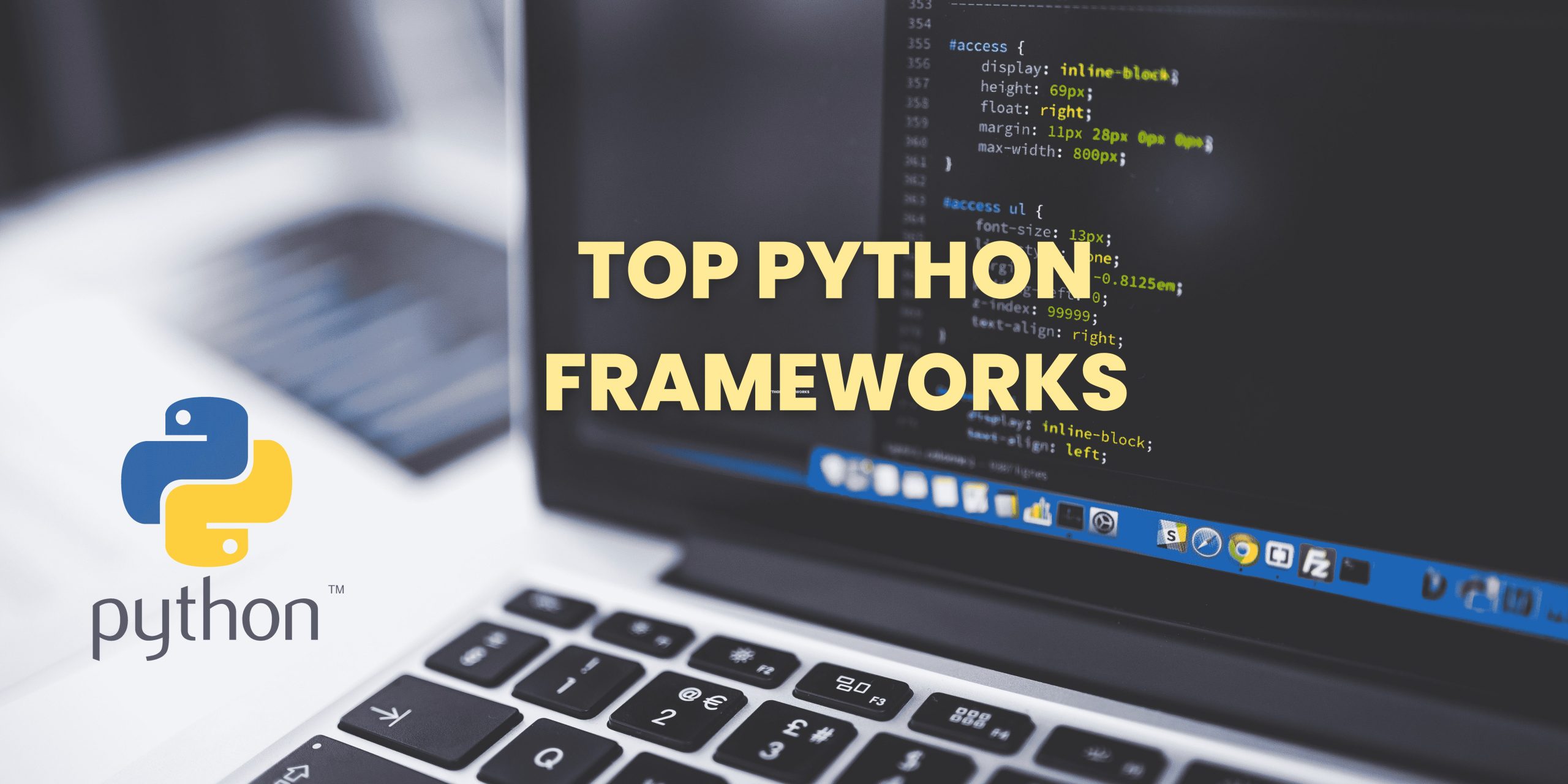
Now, let’s dive into the heart of the matter and explore the top Python frameworks for web development you should watch in 2023. We’ve curated a list of the most notable frameworks, each with unique strengths and use cases.
- 1. Django: The All-in-One Framework
Django is one of the most well-known and widely used Python frameworks for web development. It follows the “batteries-included” philosophy, providing a comprehensive set of features right out of the box. Django has an ORM (Object-Relational Mapping) for database management, a robust authentication system, and an admin panel for managing content. It’s a solid choice for developing large-scale applications, content management systems, and e-commerce platforms.
Django remains a dominant force in the Python web development landscape. As of 2023, Django was used by major companies like Instagram, Pinterest, and Disqus, highlighting its scalability and reliability for large-scale applications. - 2. Flask: Lightweight and Flexible
On the opposite end of the spectrum, Flask is celebrated for its simplicity and minimalism. It provides the essentials for web development without imposing any specific choices on developers. Flask is an excellent choice for small to medium-sized projects, offering flexibility, ease of use, and a wide range of extensions that can be added as needed.
Flask has gained traction, especially in microservices architecture. Its lightweight and modular nature makes it a popular choice for building microservices that can be easily integrated into larger applications. The rise of containerization technologies like Docker has further fueled Flask’s adoption, as it complements containerized applications well. - 3. FastAPI: Speed and Modernity
FastAPI has been making waves in the Python web development community due to its incredible speed and modern features. It’s specifically designed for building APIs with Python 3.7 and later. FastAPI’s asynchronous capabilities make it a top choice for developing high-performance applications, particularly those requiring real-time features like chat applications and IoT systems.
FastAPI’s asynchronous capabilities have garnered attention in real-time applications. It offers significant performance improvements, as demonstrated by benchmarks showing it to be faster than traditional Python frameworks. FastAPI is often used in industries like finance for building high-frequency trading platforms and in healthcare for real-time patient monitoring systems. - 4. Pyramid: Scalability and Flexibility
Pyramid is a versatile framework that strongly emphasizes scalability and flexibility. It provides developers the tools to build small applications and large, complex systems. Pyramid’s modular architecture and extensive documentation make it a powerful choice for many projects.
Pyramid’s flexibility and modularity have made it a top choice for diverse projects. It has been used in industries for e-commerce development and building content management systems and data analysis platforms. - 5. Tornado: Asynchronous Web Framework
If you’re looking for an asynchronous web framework designed for handling many simultaneous connections efficiently, Tornado is worth considering. It’s commonly used for building real-time applications such as chat applications, online gaming platforms, and streaming services. - 6. CherryPy: Simplicity at Its Best
CherryPy is a minimalist framework that focuses on simplicity and ease of use. It allows developers to build web applications with less boilerplate code, making it an excellent choice for rapid development and prototyping. - 7. Sanic: Asynchronous Web Framework for Python 3.5+
Sanic is a high-speed, asynchronous web framework for Python 3.5 and later. It’s well-suited for building fast and efficient web applications, especially those requiring real-time features or handling many concurrent connections.IoT device management platforms often rely on Sanic to handle numerous simultaneous connections from devices. - 8. Falcon: Designed for High-Performance APIs
Falcon is a micro web framework explicitly designed for building high-performance APIs. It’s known for its efficiency and speed, making it a top choice for developers who must create robust and fast APIs for their applications. - 9. Bottle: Micro Framework with Big Potential
Bottle is a micro-framework that fits in a single file, making it one of the most miniature Python web frameworks available. However, its small size doesn’t limit its capabilities. Bottle is great for quickly developing small to medium-sized applications with minimal overhead. - 10. Turbogears: A Full-Stack Framework
Turbogears is a full-stack web development framework that aims to provide everything you need to build web applications from start to finish. It offers a lot of built-in functionality, including an ORM, templating engine, and authentication system, making development more efficient. - 11. web2py: RAD Framework for Prototyping
Web2py is a rapid application development (RAD) framework emphasizing simplicity and ease of use. It’s an excellent choice for quickly prototyping web applications, and its built-in admin interface simplifies database management and deployment. - 12. CubicWeb: Semantic Web Framework
CubicWeb is a unique semantic web framework that focuses on building data-centric web applications. It’s particularly suitable for projects that require complex data modeling and retrieval, such as content management systems and data analysis platforms. - 13. MorePath: Python Web Micro-Framework
MorePath is a micro-framework for Python that focuses on simplicity and flexibility. It’s an excellent choice for developers who prefer a lightweight framework and want the freedom to structure their applications as they see fit.
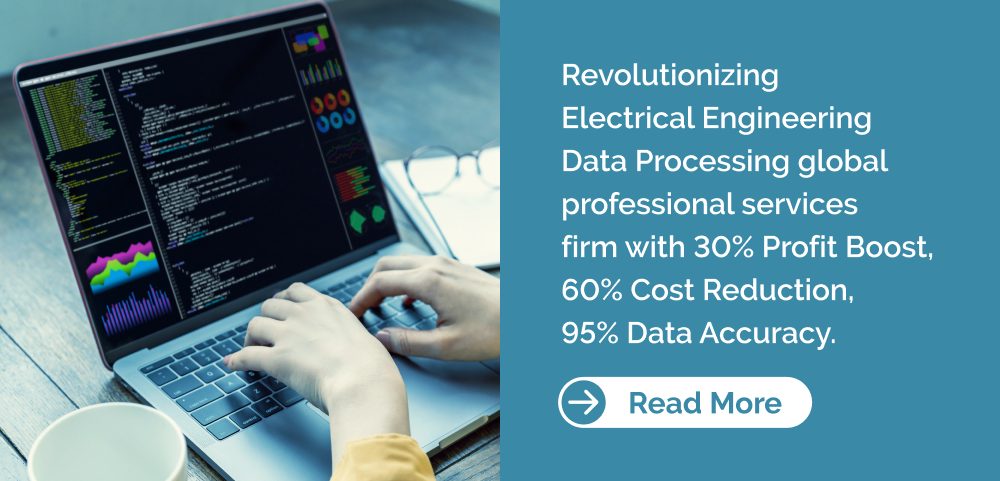
Conclusion: Choosing the Right Python Framework for Your Web Development
In conclusion, the Python web development landscape 2023 offers various frameworks, each catering to different project requirements and developer preferences. The key to success in web development is selecting the framework that aligns with your project’s goals, complexity, and scalability needs.
Before deciding, take the time to evaluate your project’s specific requirements, your familiarity with the framework, and your long-term development goals. Consider factors like speed, scalability, ease of use, and community support. By making an informed choice, you’ll set yourself up for a successful web development journey in 2023 and beyond.
FAQs
- Which Python framework is best for beginners?
Flask and Bottle are excellent choices for beginners due to their simplicity and ease of use. - What is the most popular Python web framework in 2023?
Django continues to be the most popular Python web framework, especially for large-scale applications. - Is FastAPI suitable for real-time applications?
FastAPI’s asynchronous capabilities make it an excellent choice for real-time applications, including chat and IoT systems. - Which Python web framework is best for building high-performance APIs?
Falcon is renowned for its efficiency and is the top choice for building high-performance APIs. - Are there any Python web frameworks designed for rapid prototyping?
Yes, web2py is an excellent choice for rapid prototyping of web applications, thanks to its simplicity and built-in admin interface.
In conclusion, the world of Python frameworks for web development has never been more vibrant and diverse. As you embark on your web development journey in 2023, choose your framework wisely, and remember that the right tool can make all the difference in the success of your project.
When it comes to integrating your systems with quick application development, nothing can beat the versatility and power of the Python programming language. At Trantor, we harness the potential of Python to deliver cutting-edge scripting and fast application development solutions. With years of experience in the field of web design and development, we pride ourselves on delivering high-quality and cost-effective Python solutions tailored to meet your unique needs.
Our dedicated team of software and programming professionals is well-versed in Python’s capabilities and can provide you with state-of-the-art programming solutions. Python’s ability to run seamlessly on any operating system and its instant productivity gains (OSI approved) make it a top choice among developers worldwide. Its ease of use and low maintenance cost further solidify its position as a favorite among programmers.
At Trantor, we stay up-to-date with the latest trends and advancements in Python development to provide our customers worldwide with high-end solutions. Whether you need a new Python-based application, want to integrate with existing systems, or require support and enhancements for your current Python projects, we are here to deliver excellence in Python and customized development solutions.
